When my mum was in her early 50s and going through menopause, I remember scouring the internet for something (non-surgical or wine-related) that could lift her mood and help with hot flushes. There were very few options, back in the wilderness of the 2000s. The best I could come up with was a book called Is It Me, Or Is It Hot In Here? I presented it to her earnestly and she accepted with good grace.
Now that I’m starting to experience my first peri-menopausal symptoms, I understand why my mum may have wanted to throw the book at my head. I’m also lucky that menopause today is very much not a taboo topic.
You could even say that menopause is… hot.
There’s a dedicated World Menopause Day (on Wednesday last week, in case you missed it), thousands of Tiktoks, podcasts, the odd menopause summit and products. So many products.
In the US, menopause-specific brands such as Pause and Womaness, among others, sell supplements, creams, vaginal lubricants and ‘Skincare Down There’ (their euphemism, not mine). Actor Naomi Watts was in Sydney just last week at the SXSW festival, discussing her early menopause and the launch of her own range of skincare and ‘vaginal wellness’ products, Stripes.
You could even say that menopause is… hot
In Australia, supplements brands such as eir women and The Menopause Co offer pills and powders that promise to boost our energy, mood and libido. This week Australian natural skincare brand Vanessa Megan launched its first menopause-specific range with a vaginal moisturiser called The Other Lips Balm.
Once we’ve collectively taken a moment to uncross our legs, it’s worth considering the potential value of this new menopause market, estimated to be worth $US16 billion by 2025. In Australia, 80,000 women move into the perimenopausal stage every year – and perimenopause, the period leading up to menopause, can last 10 years. That’s a lot of women looking for relief from some of the onerous side-effects of this natural hormonal change.
And let’s be honest, some of these symptoms – which include night sweats, hot flushes, mental health issues such as anxiety and depression, and vaginal dryness – aren’t for the faint hearted. Not to mention the other, even more serious consequences of the precipitous drop in hormones that occurs once we hit menopause and our periods finally stop.
“Women’s risk of cardiovascular disease also increases at menopause, as does the risk of osteoporosis,” says Dr Karen Magraith, a GP and immediate past-president of the Australasian Menopause Society. “There’s an acceleration of loss of calcium from the bones in the first two to five years after menopause, so it’s important for women to have a comprehensive health assessment with their GP at this time and also ensure they have enough calcium in their diet.”
Note that Magraith doesn’t recommend the addition of vaginal lip balm to your healthcare regimen. She is sceptical about the explosion of products hitting our shelves.
“There are a lot of claims that various products can ease the symptoms of menopause and the vast majority of those claims are not based on evidence,” she says. “So with the increasing interest in menopause, which is welcome, there’s also… an increase in people trying to profit from it, which is not.”
Most women, she adds, will experience some menopausal symptoms, with about a quarter experiencing severe symptoms. Hormone replacement therapy, also known as MHT, may help to ease the hormonal peaks and troughs of perimenopause. The challenge is to help women be informed about what lies ahead without scaring them.
“So on the one hand, we want women to be armed with information – and we don’t want women to enter into perimenopause not knowing what’s going on,” she continues. “But at the same time, we don’t want to give everybody the message that menopause is going to be terrible, because in fact, it’s actually terrible only for a minority of women.”
Magraith’s comments chime with the findings of a report by women’s health organisation Jean Hailes released earlier this month, which found that menopause coverage in the media and public discussion was often not based on strong evidence and overemphasised the severity of symptoms and their impact.
The challenge is to help women be informed about what lies ahead without scaring them
Nearly 70 per cent of women in midlife (aged 45 to 64) reported “bothersome” symptoms that they attributed to menopause; one in four found it hard to do daily activities because of these symptoms and 15 per cent missed exercise. But less than 4 per cent of all Australian women over 18 years old had missed days of work or study due to menopausal symptoms.
It’s possible, of course, that women are just really stoical, but either way the report’s authors were adamant that we should apply a critical eye to menopause products.
“Unfortunately, there are powerful commercial incentives to create a ‘menopause problem’ in the minds of Australian women and Australian employers that can be ‘fixed’ by the purchase of goods and services,” the report said.
But the symptoms are real
If you’re used to your brain working moderately well, however, even the milder symptoms of perimenopause, such as forgetfulness and ‘brain fog’, which affects two thirds of women, can feel unsettling. eir women co-founder Lisa Walker and her business partner Kate Guaran decided to start their company on one of the many walks they took together during the pandemic, when their discussion often turned to the physical and mental changes they were experiencing.
“It really just started off with that feeling of like, ‘Are we going mad?’” says Walker. “The weight gain, even though you’re exercising, brain fog, the anxiety and stress. We thought there had to be something out there to help.”
The pair worked with a nutritionist to develop simple morning and night-time supplements, which she says contain clinical-dose levels of B vitamins, American Ginseng and other helpful ingredients. Walker points to the confusion she felt towards the range of supplements on the market as a factor in the development of eir women.
“The bigger brands just want you to buy 20 different products and that’s really expensive,” she says. “And there are other brands out there that possibly have good products but are very much about fear of hormones, hot flushes. We just wanted to empower women and make them feel good about themselves, and have beautiful products.”
… and our skin does alter
Just as hormonal fluctuations can alter mood and trigger brain fog, they also cause our skin to change – and we may have to alter our regimen accordingly, says Melbourne cosmetic dermatologist Katherine Armour and founder of skincare brand Bespoke Skin Technology.
Falling oestrogen leads to decreased moisture in the skin, while an imbalance between oestrogen and androgens (commonly referred to as the male hormones) can cause acne. Women’s skin loses up to a third of its collagen in the first five years following menopause and declines by 2.1 per cent each year for the next 15 years.
“This reduction can cause loss of volume and sagging, along with fine lines and wrinkles; the sudden drop post-menopause leads many of my patients to say they feel it’s happened overnight,” says Armour. This doesn’t, however, necessitate an entirely new skin wardrobe for this new phase of life, she adds.
“Given these changes, I recommend that women keep their skin hydrated, and protect and stimulate the production of collagen with skincare that contains ingredients appropriate for women in their 40s. Retinol, bakuchiol, antioxidants – these all protect collagen and increase moisture.”
So while some modifications to our skincare might be necessary, “there’s no need to spend a lot more money on menopause-specific products.”
Like Magraith, though, Armour welcomes this new focus on perimenopause and menopause – not as an opportunity to sell us more stuff, but rather as the chance to bring formerly taboo topics out into the open.
“It’s great to talk about this period of our lives, so women can get more support for symptoms that can have a profound impact on their quality of life.”
And as Magraith says, even though we have much more information about menopause than was available in the 2000s, there is still much we don’t know – a vacuum that’s all too easily filled with promise-laden products.
“We don’t know much about how best to manage mental health issues during perimenopause, for example, and whether hormone therapy [such as MHT] might alleviate some of the issues women have. It’s often those years leading up to menopause that women really struggle with and they often have a lot going on at that time, too… They may have challenging work, young or adolescent children, ageing parents and changing relationships. We need to know what’s attributable to menopause, and what isn’t.”
Want more stories like this? Sign up to PRIMER’s free weekly newsletter.




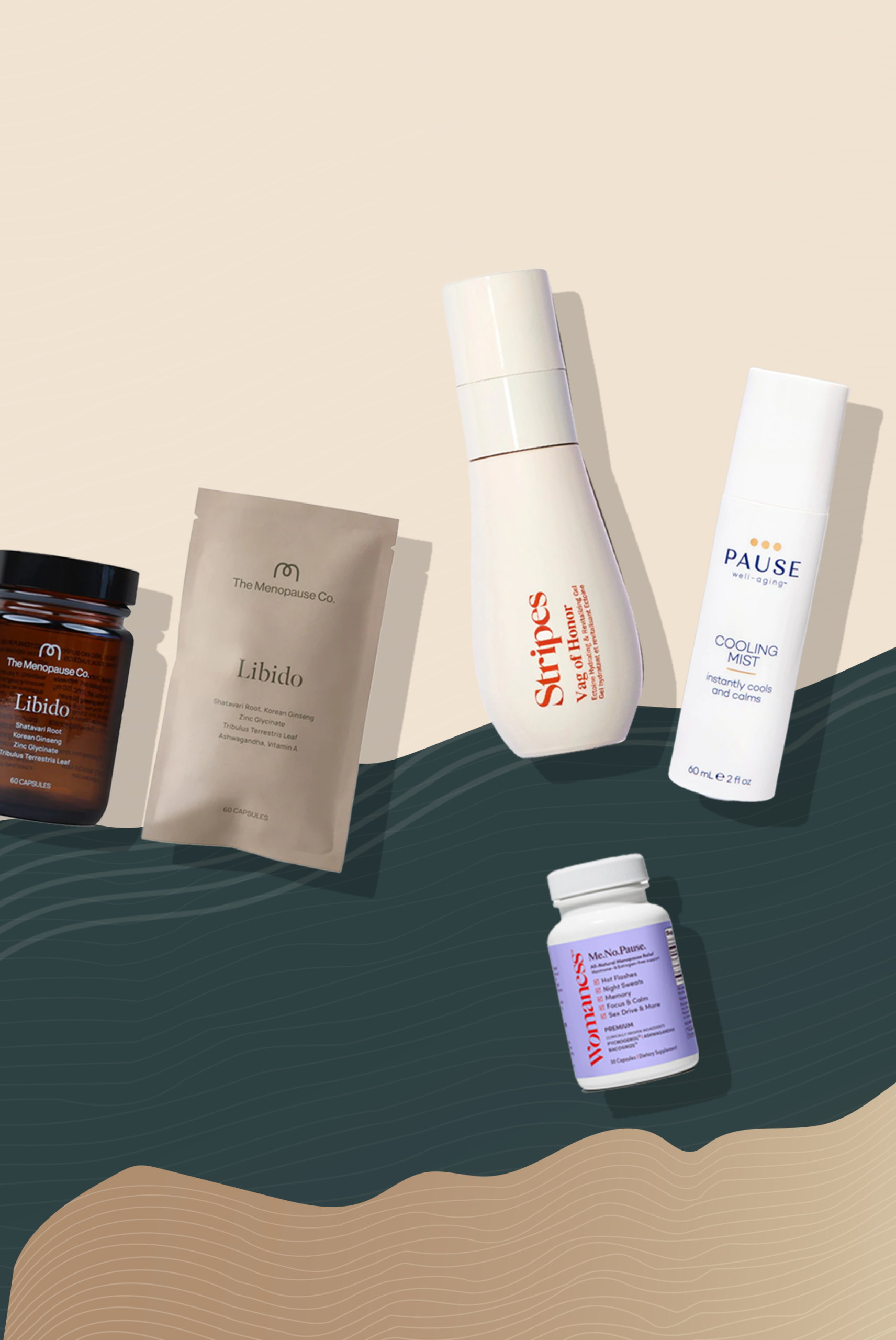


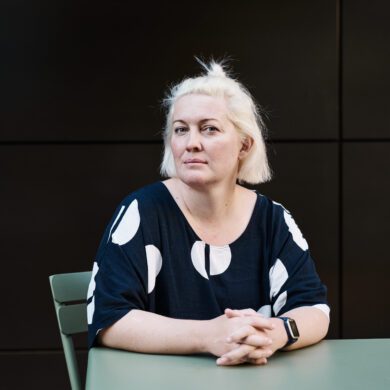
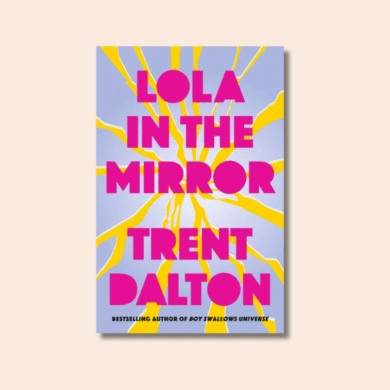
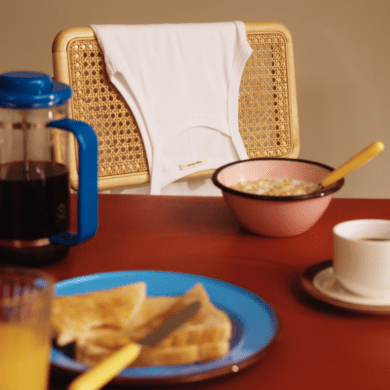
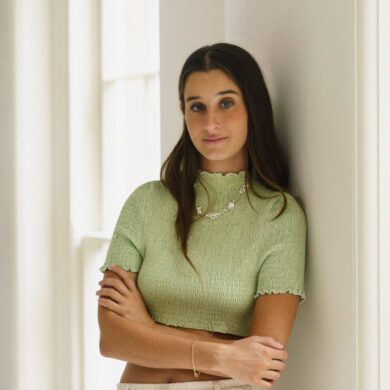
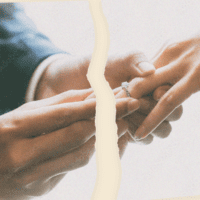

No Comments